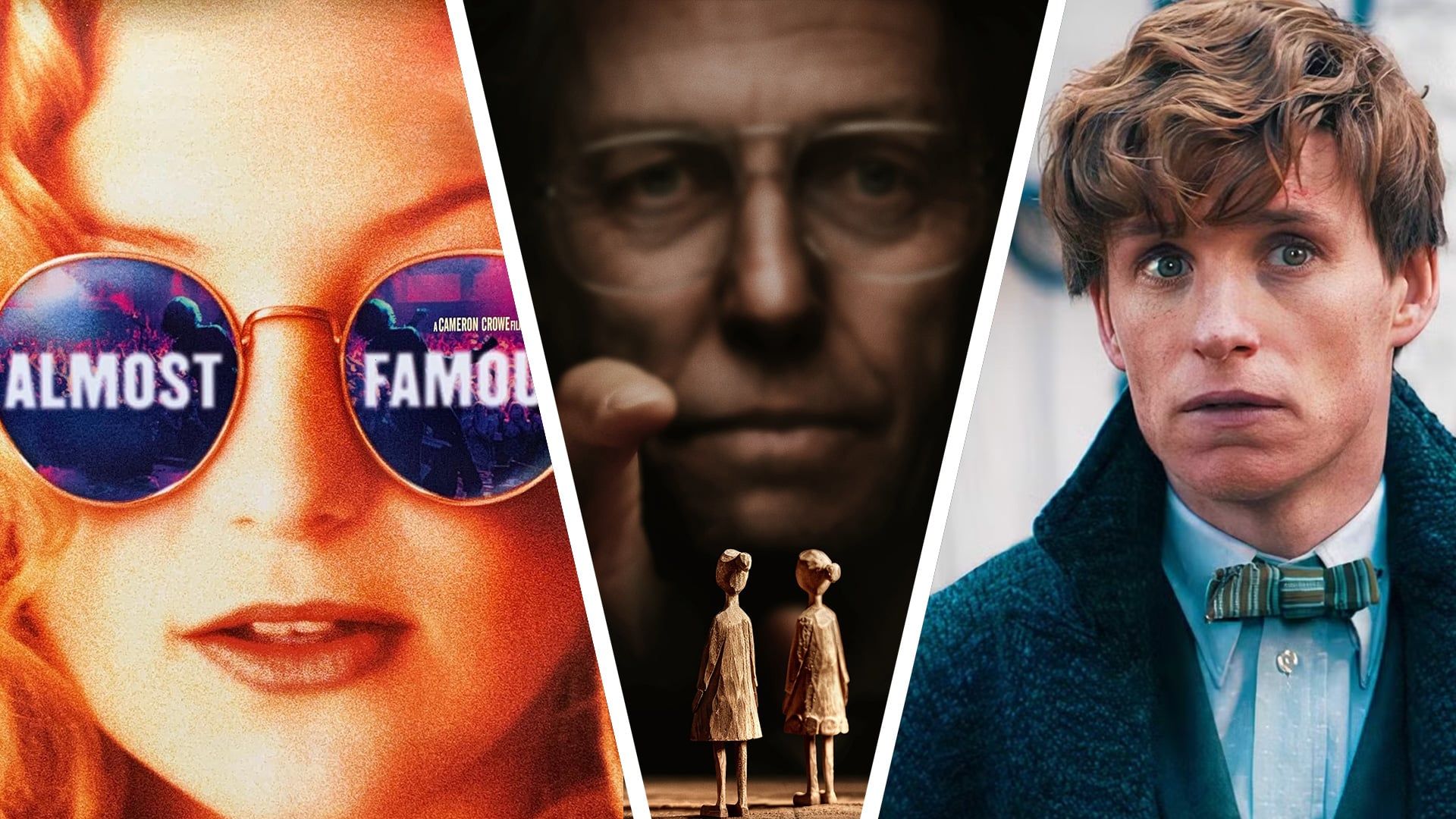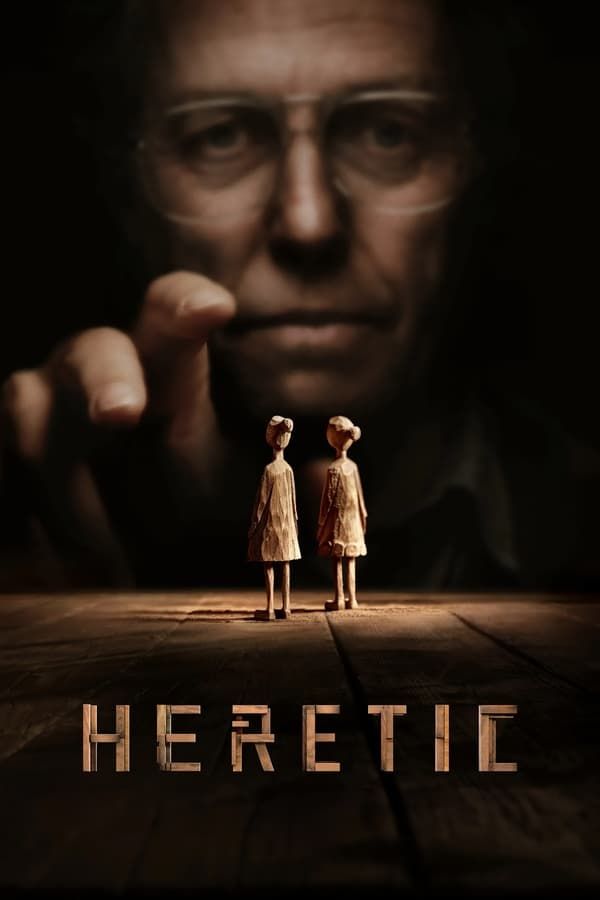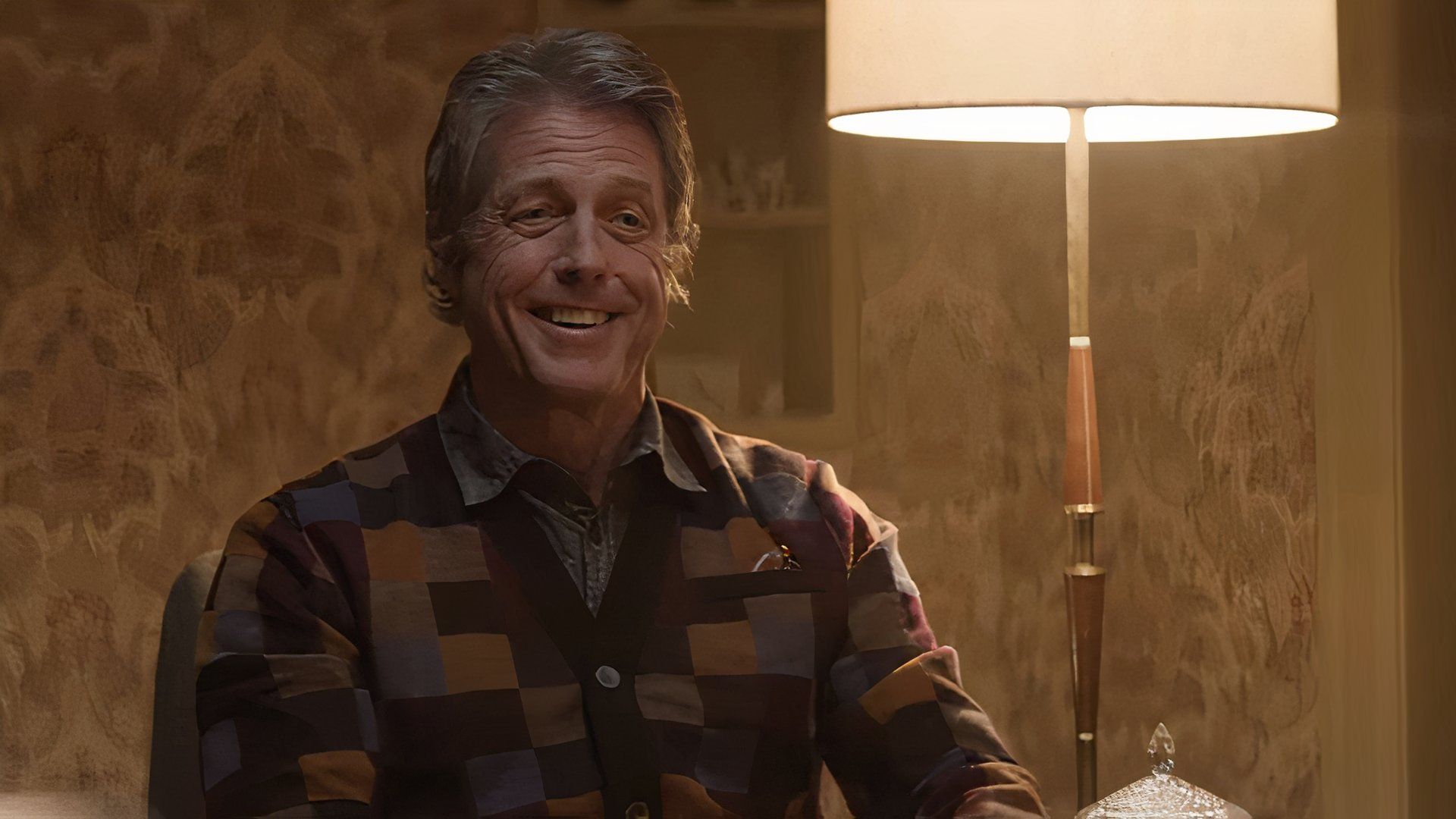Heretic is the latest release to come from A24, a studio adored both critically and commercially for the incredible quality of the films it puts out. Released into theaters on November 8th of this year, it’s garnered a lot of attention and acclaim already. Sitting at 91% on RottenTomatoes and 71% on Metacritic, the film has already secured a reputation as an entertaining and fascinating thriller.
The movie stars Hugh Grant, Sophie Thatcher and Chloe East, and was written and directed by the team of Scott Beck and Bryan Woods. It tells the story of two young Mormon missionaries who fall prey to a charismatic and disarming man with sinister intentions. As with most religious horrors and thrillers, however, Heretic has also courted its share of controversy and questions of authenticity because of its depiction of religion within the film. So, just how accurate is the movie when it comes to its realistic subject matter?
What ‘Heretic’ Gets Right
The movie begins with its two main protagonists, Sister Paxton and Sister Barnes, played by Chloe East and Sophie Thatcher respectively. It is through these two missionaries that the audience gets to know and understand Mormonism and missionary work. It is these two characters that the writers needed to get right if they wanted to accurately portray the Mormon religion. Both of these characters are wonderfully nuanced and compelling characters, and the actresses who portray them do an excellent job bringing them to life.
Sister Paxton embodies a certain naïveté and enthusiasm that outsiders might expect from a Mormon missionary – she’s bubbly and sweet and exudes devotion to her faith. Acting as a foil to her is the slightly more incredulous Sister Barnes, who comes across as pragmatic and cautious. She’s the one to first notice that something might be off with Mr. Reed, played by Hugh Grant, and the situation they find themselves in at his home.
Mr. Reed’s Lie Is Well Thought-Out
Generally, sister missionaries wouldn’t be able to enter into a house with just a man there, presumably for safety reasons. That makes Mr. Reed’s ruse to get the sisters to come in – saying that his wife is just in the other room and will join them shortly – rather brilliant. Not only does it create a false sense of security for Sister Paxton and Sister Barnes, it’s also accurate to the only way that Sister missionaries would go into a house with a strange man.
There is also truth in the idea that the Sisters might not question things too thoroughly or be too suspicious at the beginning, simply because they’re happy to have someone agree to hear their proselytizing – Mormon missionaries often spend countless hours knocking on doors only to be met with disinterest and annoyance, so for Mr. Reed to be seemingly not only willing but excited to talk to them, he sets the perfect trap for them.
Mormon Missionaries Really Are Put in Dangerous Situations
The issue of safety for missionaries is something that Beck and Woods clearly thought about, and they represented this issue very well in their movie. This is a concern for both men and women but is, understandably, more of a concern for Sister Missionaries. Mormon missionaries are asked to go knock on the doors of complete strangers, sometimes until as late as 9 at night.
Their entire mission puts them in potential danger, but that’s not necessarily something they’re prepared for ahead of time – there is a belief within their faith that “the spirit,” or God, will keep you safe, that he won’t let anything bad happen to you. So the Sister’s unsuspecting nature, their lack of awareness, and the fact that they aren’t prepared for what to do in a dangerous situation is true to life.\

Related
Why Cameron Crowe and Eddie Redmayne Are Thanked in Heretic’s End Credits
Cameron Crowe and Eddie Redmayne aren’t in A24’s Heretic, but directors Scott Beck and Bryan Woods still gave them a special, end-credit thank you.
Sister Barnes and Sister Paxton
The visual representation of the Sister Missionaries is another thing that was clearly carefully considered and that a lot of work went into. The costuming for the two main characters is very close to what one might see female missionaries wearing and looks a lot like the kind of clothes that Sisters in the church are instructed to wear when proselytizing. The concept of the way Mormons dress and Mormon specific garments, such as temple garments, is a running theme throughout the film. As Mr. Reed points out at one point in his attempts to break the Sisters of their faith, their church controls a lot in their life, right down to their underwear.
It is also worth noting that Chloe East and Sophie Thatcher, the actresses portraying the film’s missionaries, were themselves raised in Mormonism. Although both of them no longer consider themselves Mormon, they were raised with the religion and East, at least, still appears to have some connection to it through some of the people in her life. The choice to cast former Mormons in the roles of the missionaries feels significant and was most likely carefully considered by those in charge of casting.
What ‘Heretic’ Got Wrong
Beck and Woods are not Mormon themselves, nor were they raised in the religion. It is clear, however, that they did their research and, according to them, they talked extensively with the people in their lives who do have experience with Mormonism. But even with all of their research and effort, there were a couple of things within their work that could be considered inaccuracies. This happens a lot with realistic fiction, as it’s almost impossible to get everything right, and sometimes it’s necessary to take liberties in order to tell the best version of the story.
2:28

Related
‘Heretic’ Ending Explained In 3 Minutes Or Less
In Heretic, two young missionaries are drawn into a deadly game of cat and mouse after seeking refuge from the rain in the house of a mysterious man.
One such potential error is that when a man is interested in the church, like Mr. Reed pretends to be, and they request to be visited by missionaries, they would be passed off to the “elders,” or male missionaries. So it’s entirely possible that, in real life, if someone like Mr. Reed was out there, he would never have Sister Missionaries show up at his house for him to trap.
Furthermore, missionaries are never sent on missions alone – they are usually in pairs, sometimes in groups of three, but never alone. But there is a male missionary depicted at one point going to Mr. Reed’s to try and check on the Sisters, since no one knows where they are. Unfortunately, he ends up being disappointing and not realizing that something is off about the situation, leaving Sister Paxton and Sister Barnes to rescue themselves. However, he is depicted as being alone – which is not something that would happen in reality.
How the Church Has Responded
These are just two, ultimately small, oversights in the grand scheme of the plot, however. The movie as a whole is incredibly well-researched when it comes to its depiction of Mormonism. Nothing in the movie feels coincidental, or like it wasn’t thought out and planned thoroughly.
The Mormon church itself has released a statement condemning the film, as church leaders believe this film is an inaccurate and offensive representation of Mormonism and Mormon missionaries. They also allege that Heretic promotes violence against women, particularly women of faith. Other Mormons, and former Mormons, such as Chloe East, disagree with this stance and believe the film to be a nuanced and authentic representation.
From an outsider’s perspective, it feels like the subject matter and issues of Mormonism were handled in a respectful and balanced way. But, like so much in life, it’s open to interpretation, and it depends entirely on who you ask. Heretic is definitely worth the time to go and see so you can make up your own mind about that, though.
Heretic is currently in theaters.



